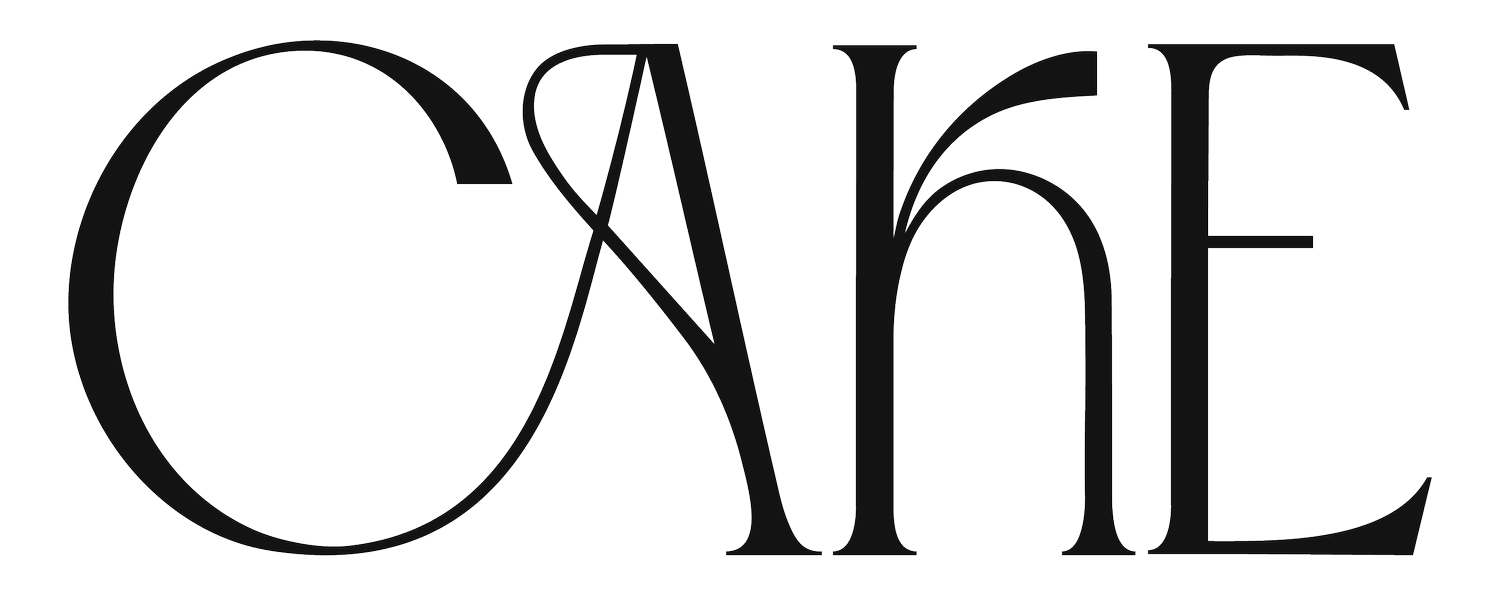Protect Your Business: 3 Social Media Risks to Avoid
/How to Protect Your Business from the Risks of Social Media
Social Media Isn’t Yours—And That’s the Problem
Instagram has done it again! In a single week, it removed public like counts (cue outrage… more on that later) and deleted over 30 meme accounts, wiping out a collective audience of more than 33 million followers.
While this might seem ruthless, it’s a timely reminder: we’re only renting space on social media. Platforms like Instagram can change the rules or wipe accounts at any time. That’s why no business should rely on just one platform to connect with clients.
This isn’t an isolated incident either. In March 2019, Facebook and Instagram suffered a global outage, and at the same time, Gmail users couldn’t send attachments. For businesses relying on these channels to communicate, it was a huge disruption.
What Happens If Your Account Disappears?
Picture this: You’ve spent years building a thriving Instagram community. Your content gets strong engagement, your DMs are filled with meaningful conversations, and followers are tagging friends in your posts.
Then, one day… it’s gone. No warning. No recourse.
Everything—your creative work, your connections, your content—vanishes. And if you haven’t built other communication channels, there's no way to reach your audience.
Why You Need an Integrated Marketing Strategy
Social media is an incredible tool—but it shouldn’t be your only one. A well-rounded integrated marketing communications strategy ensures your message gets out, even when social platforms fail.
Here’s how to future-proof your business:
1. Direct Traffic to Owned Channels
Create a communications plan that guides social media traffic to landing pages where you can capture emails or track visitors for retargeting. The goal is to own your audience data, not borrow it.
2. Host Content Outside Social Platforms
Private Facebook groups and live webinars are great—but risky. Platforms can change the algorithm or go offline at any time. Host webinars on your website or embed videos in a members-only area that requires email sign-in.
3. Secure Your Presence Everywhere
Claim your business handles across multiple social platforms, even if you’re not actively using them. After Instagram’s July 2019 “Great Meme Deletion,” many users fled to Twitter to rebuild their following.
Don’t Wait for the Next Outage
Failing to diversify your marketing puts your business at risk. An integrated approach ensures you can always connect with your community, no matter what happens on social media.
Are you ready for the next platform crash, algorithm change, or account purge?
Join our "Strategising Your Social Media" workshop on 14 August at Ocean Shores Tavern. Only 4 spots left—book now to secure your place.

